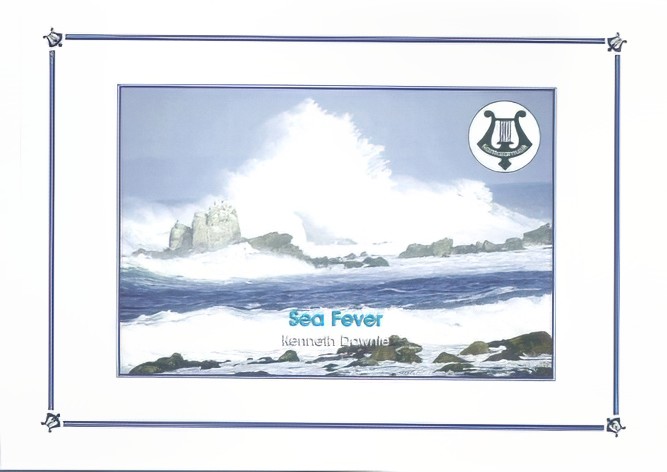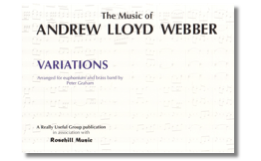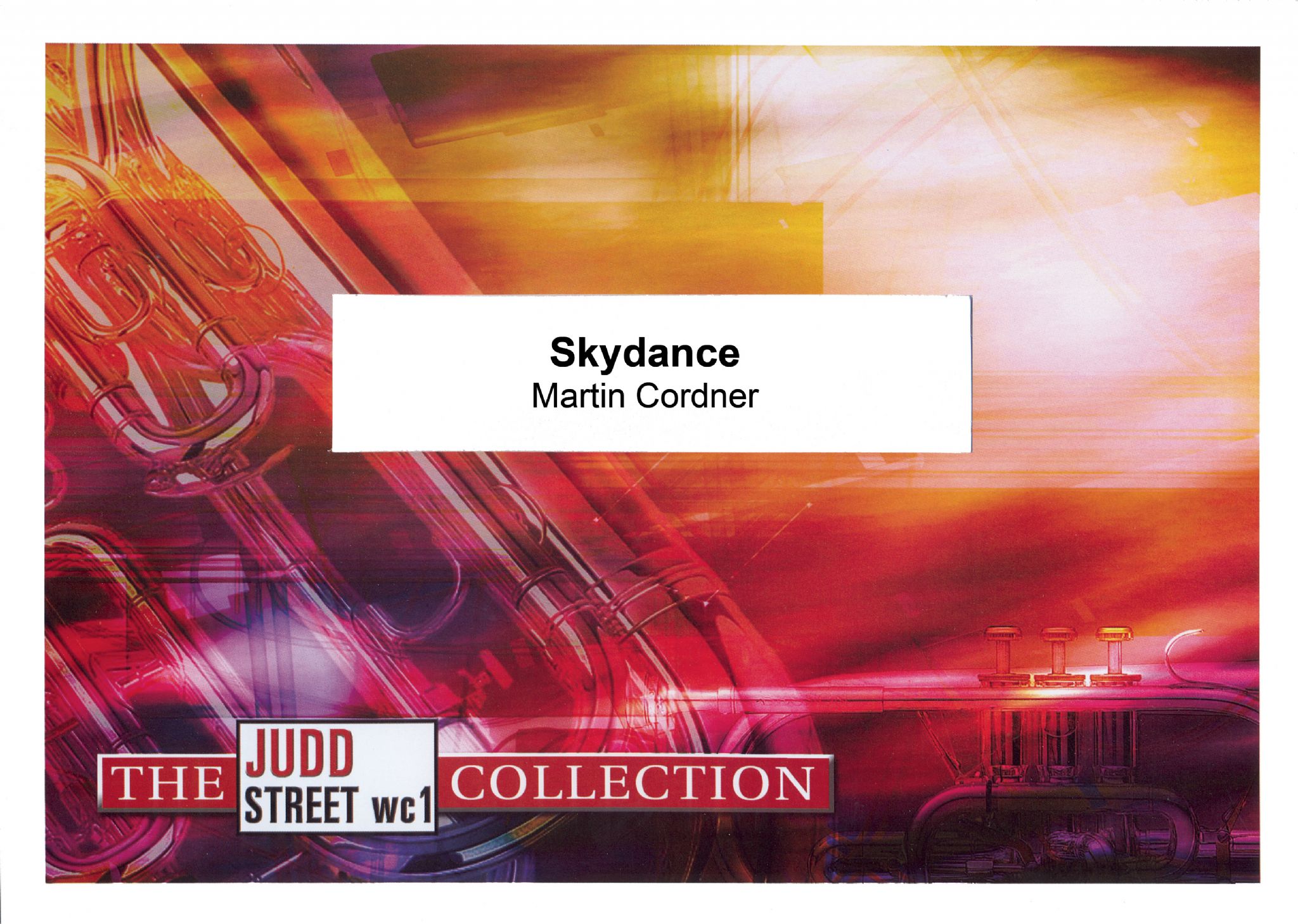Results
-
 £29.95
£29.95Sea Fever (Brass Band - Score and Parts) - Downie, Kenneth
This lively concert piece is a follow-up to the composer's earlier Dance Fever. It is based around the Northumbrian song Bobby Shaftoe, in the same way as the earlier piece was based on The Dashing White Sergeant. Several other sea-faring songs are quoted, all in a light-hearted, humorous fashion. Played with flair and panache, it should result in an entertaining concert item.
Estimated dispatch 7-14 working days
-
 £14.95
£14.95Sea Fever (Brass Band - Score Only) - Downie, Kenneth
This lively concert piece is a follow-up to the composer's earlier Dance Fever. It is based around the Northumbrian song Bobby Shaftoe, in the same way as the earlier piece was based on The Dashing White Sergeant. Several other sea-faring songs are quoted, all in a light-hearted, humorous fashion. Played with flair and panache, it should result in an entertaining concert item.
Estimated dispatch 7-14 working days
-
£60.99
All Night Long (Brass Band - Score and Parts)
The famous American singer-songwriter Lionel Richie, who had many hits with his group The Commodores, as well as many international hits as a solo artist, released the single All Night Long at the start of the eighties. It was a huge success and in 1984 Richie sang his hit for an audience of millions during the closing ceremony of the Olympics in Los Angeles. Today, this song is a dance floor classic. 05:00
Estimated dispatch 7-14 working days
-
 £64.00
£64.00THREE JAPANESE FOLK SONGS (Brass Band) - Inagaki, Takuzo
Includes: Lazy Loafer of Aizu; The Mountain Woodcutter's Song; Villager's Festival Dance. Grade: Medium.
Estimated dispatch 7-14 working days
-
 £30.00
£30.00We Wish you - Traditional
Little is known of the origins of this carol; it appears in none of the historic collections. It is however thought to originally be a folk song attributed to the 'West Country'. This link to the West Country is based on the carol's reference to 'figgy pudding' a localised, seasonal dish containing raisins or plums, somewhat like the traditional Christmas Pudding. The greeting 'We Wish You a Merry Christmas' is typical of the practice of 'Wassailing'; going door to door to sing, dance and offer seasonal greetings in the hope of receiving food and drink in return.
-
 £49.95
£49.95Variations - Andrew Lloyd Webber arr. Peter Graham
There are numerous sets of variations based on Paganinni's famous violin piece, but surely this is the only one written as the result of a wager on a football match! The composer wrote these variations for his cello-playing brother Julian in payment of a bet on a Leyton Orient match and they later formed part of the show Song and Dance. Peter Graham's arrangement of some of the best-loved sections ideally suits the euphonium.
Estimated dispatch 7-9 working days
-
 £4.95
£4.95Variations (Euphonium Solo) (Score and Parts) - Andrew Lloyd Webber arr. Peter Graham
There are numerous sets of variations based on Paganinni's famous violin piece, but surely this is the only one written as the result of a wager on a football match! The composer wrote these variations for his cello-playing brother Julian in payment of a bet on a Leyton Orient match and they later formed part of the show Song and Dance. Peter Graham's arrangement of some of the best-loved sections ideally suits the euphonium.
Estimated dispatch 7-9 working days
-
£33.00
Country Ways - Duprez, P
Poppies in the CornRustic DanceNoonday RestThe Merry PeasantLove Song at TwilightValse Des FleursIncludes a full band set (no score)
In Stock: Estimated dispatch 1-3 working days
-
 £59.95
£59.95Judd: Skydance - Martin Cordner
Built around Sidney Carter's song 'The Lord of the dance' and largely Celtic in style, Skydance seeks to describe the celebration, energy and exuberance that life in eternity will represent.
Estimated dispatch 7-14 working days
-
 £29.95
£29.95Sea Fever (Brass Band - Score and Parts)
This lively concert piece is a follow-up to the composer's earlier Dance Fever. It is based around the Northumbrian song Bobby Shaftoe, in the same way as the earlier piece was based on The Dashing White Sergeant. Several other sea-faring songs are quoted, all in a light-hearted, humorous fashion. Played with flair and panache, it should result in an entertaining concert item.
Estimated dispatch 7-14 working days
